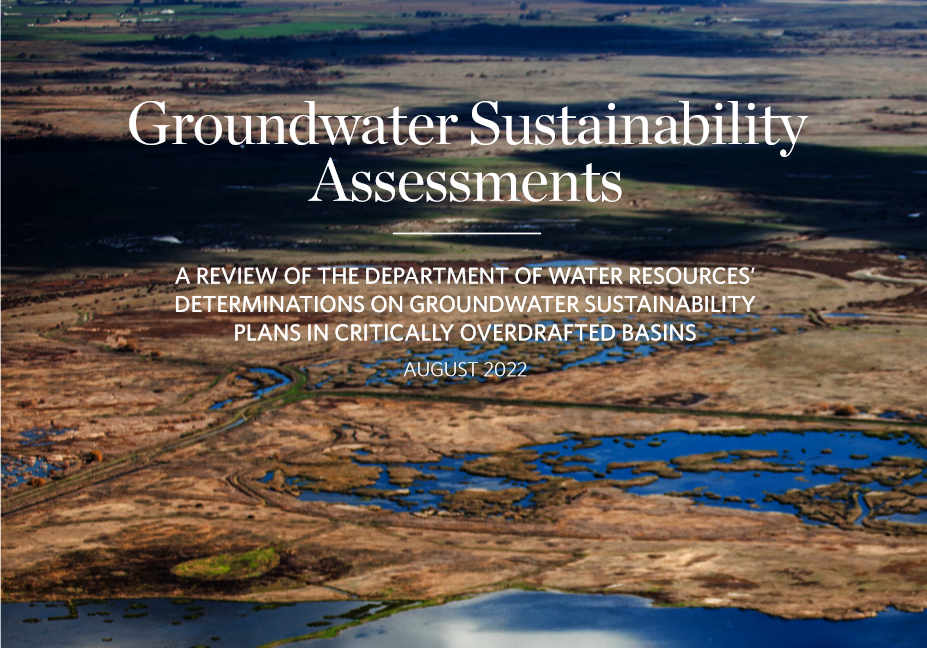California passed the Sustainable Groundwater Management Act (SGMA) almost a decade ago as a step to bring the states’ depleted groundwater aquifers to sustainability. With increased droughts, the implementation of SGMA and protection of vulnerable communities dependent on small water systems and domestic wells is urgent. Over the last 2 years, Clean Water Action has reviewed and analyzed over 95 groundwater sustainability plans, in every groundwater basin covered by SGMA, closely evaluating the steps local agencies are taking to protect vulnerable communities.
This report is co-authored by Ngodoo Atume, Water Policy Analyst at Clean Water Action/Clean Water Fund, Melissa Rohde at The Nature Conservancy, Samantha Arthur at Audubon California and Jose Pablo Ortiz-Partida at The Union of Concerned Scientists with sign ons from members of the Groundwater Leadership Forum. The report includes results from the review 31 Groundwater Sustainability Plans (GSPs) in 2020 and 64 GSPs in 2022 to evaluate how well drinking water users, disadvantaged communities, the environment, stakeholder involvement, and climate change were addressed in GSPs. Collectively, these issues are true indicators of sustainability. Because California’s water and economy are interconnected, the sustainable management of each basin is of interest to both local communities and the state as a whole. The goal of the report is to assess our path to groundwater sustainability in California. The report provides recommendations to the Department of Water Resources on how to protect vulnerable drinking water users and disadvantaged communities as the Sustainable Groundwater Management Act is being implemented.
